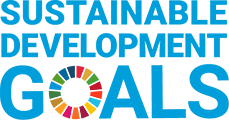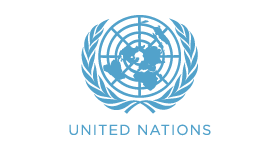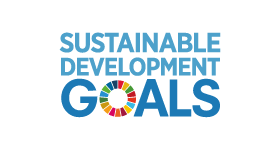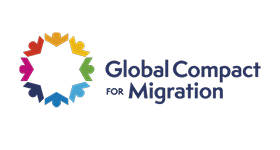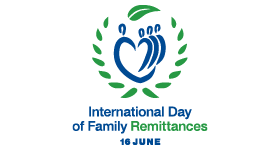Bodh Kumari Basnet, 34-year-old, lives in a village 2 Km in Rautahat district, about five hours south of Kathmandu and an hour from the Indian border. She has six members in her family. Nine years ago, her husband decided to migrate to the UAE due to limited income generating opportunities back home. They were able to send their two oldest children, 11 and 14 years old, to a private school with the money sent back home. Besides remittances, she earns an additional income growing seasonal crops and vegetables.
“We also have 2 buffaloes, 3 goats and around twenty chickens, which adds to our income from remittance”, she said.
However, due to the lockdown, the nearby market closed and they cannot sell milk and other farm produce. She had bought the buffaloes using a loan from the “Nawa Bikas Saving and Credit Cooperative” and had been repaying them back from the money that her husband sends from UAE. Now that her husband’s remittances have decreased significantly due to the pandemic she is worried about the future of her family and the health of her husband.
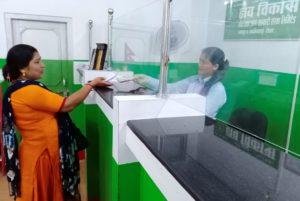 Bodh Kumari attended an advanced financial literacy training back in February, supported by IFAD in partnership with ACCESS Advisory.
Bodh Kumari attended an advanced financial literacy training back in February, supported by IFAD in partnership with ACCESS Advisory.
“The training motivated me to open a remittance saving account in Nawa Bikas Saving and Credit Cooperative. As my income and my husbands have significantly decreased, I feel my dreams have been shattered by the pandemic. However, being able to save the remittances directly in the cooperative of my village has facilitated these difficult times”.
To provide better access to and usage of cross-border remittances in the country’s rural areas, 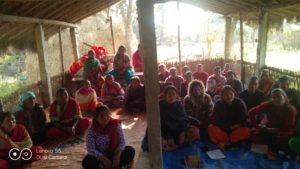 local financial service providers (FSPs) were supported to build “wealth-building packages” combining a variety of financial and non-financial products and services for migrants’ family members, to support them in these times of crisis.
local financial service providers (FSPs) were supported to build “wealth-building packages” combining a variety of financial and non-financial products and services for migrants’ family members, to support them in these times of crisis.
So far, 7 local FSPs received training on product development and financial literacy and are now providing inclusive services to their members. A rapid assessment on Covid-19 impact on Nepalese migrants and remittance-receiving families has also been carried out.


